Seldom have I been so happy to be in farming.
In a world in which we are socially distanced from friends and neighbors anyway, traveling from Madison to Hilltop to reopen operations in late March was something of a relief.
At the time, the Safer at Home order has just been issued and few people were venturing out, so it was nice to have an “essential” occupation to legitimately go to, one which required commuting to a beautiful spot in the countryside where keeping six feet from others is a lot easier than it is on a four-foot city sidewalk. Erin and I are also lucky that our day jobs can be practiced remotely, and it was an unexpected delight to discover that the internet service provided by little old Lavalle Telephone Coop was a full order of magnitude faster than the creaky wire big old TDS runs to our home in Madison.
It was also nice to gain a new realization about the advantages that a CSA, and especially a very small CSA like ours, can provide to its members.
Week 3 CSA share. Photo by Erin Schneider
In an era in which we've become inured to washing our produce in soapy water or bleach after we return from the store – and realizing that we may have risked our health just going in the place – there is a newly obvious reassurance in knowing that only a single set of hands, or at most two, have touched one's food rather than dozens or hundreds, and that a trip to our drop-site barely merits donning a face-mask, save for the outside chance of crossing paths with another farm member along the way. You would also know immediately if Erin or I became sick (and, as we've communicated earlier, we have contingency plans in place for others to cover for us should that occur).
Erin putting the finishing screws on our handwashing station we built in the field. As farmers we commit to lovingly have our hands in the soil and to wash them often. Photo by Rob McClure
So for once, albeit briefly, the diktats of the marketplace seem to have aligned with what is healthiest for the land.
It is better, as always, to source your food locally; better yet, from someone you know and whose practices you trust. And now, also, there is reason to buy from the very smallest of operations with the fewest number of hands, whose practitioners can grow using the fewest resources and look after the land with the most focused care.
But then too, there is that other (and best) option, the non-market one that so many seem to have gone in for since the pandemic started: putting spade to soil right out the back steps. Who could have imagined that so many Americans – habituated to staring at bright screens in dark dwellings – might suddenly pop-out enthusiastically into the sun and start raising vegetables? But, I suppose if there's anything we've learned from the long history of medicine, it is that disease organisms can sometimes make people behave oddly.
Viral gardening should, I suppose, be a threat to CSA farmers, but Erin and I are always happy to lose a client to a backyard plot. And there could hardly be a more salubrious and encouraging trend -- nothing could possibly be better for the environment than millions or tens-of-millions of households suddenly provisioning some portion of their calories from back and side lots. Untold tons of produce would stop traveling thousands of miles on highways; vast acreages of over-farmed, exhausted soils could be let to recover; a veritable continent of former suburban lawn would no longer need mowing; a generation of children would learn the delights and satisfactions of producing one's food and come to understand how close to the body of the earth is our own.
Early June garden beds. Photo by Treasure People Photography
These would be the most salutary outcomes from the latest stick that nature has thrown across our path. Whether they materialize is as unknowable as just about everything else that comes with this virus.
And possibly too – as so many have pointed out – our recently demonstrated ability to change human behavior at a global scale over the course of just a couple of months could be deployed to tackle far more pressing matters than a threat to our personal health. The fever that we tiny organisms have given the planet could begin to be healed by just a few additional changes in how we do things, significant though those might be.
But so far human beings have a lousy record of looking after the only home we have, so I'm afraid I'm not taking any bets.




